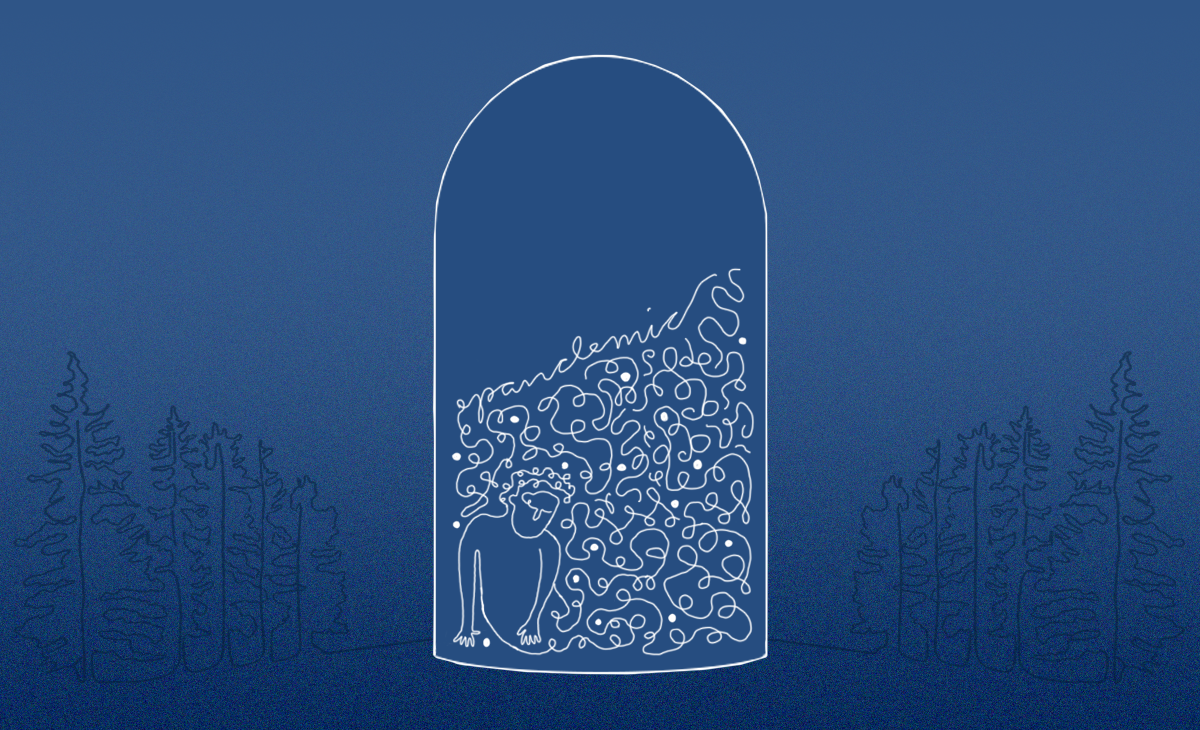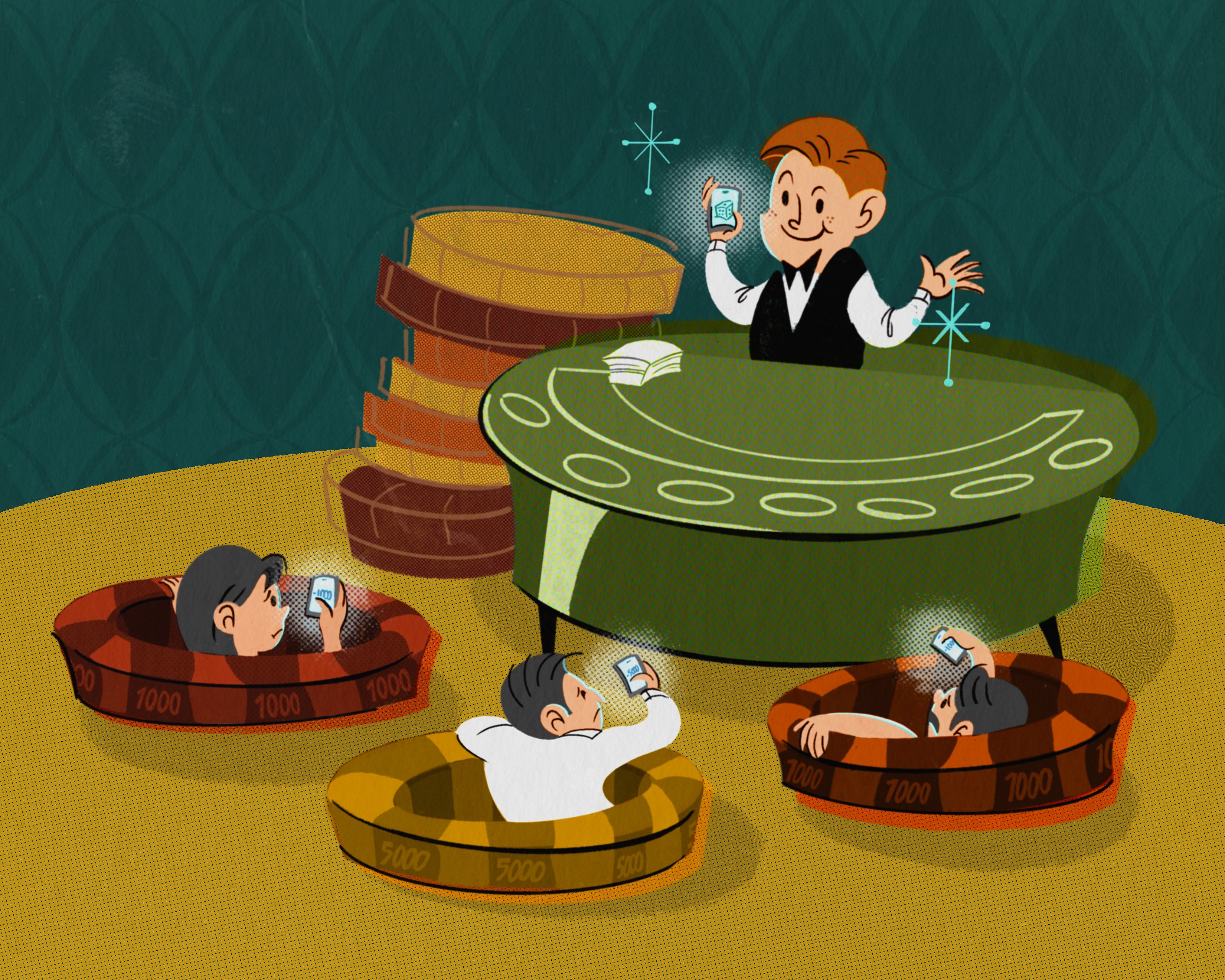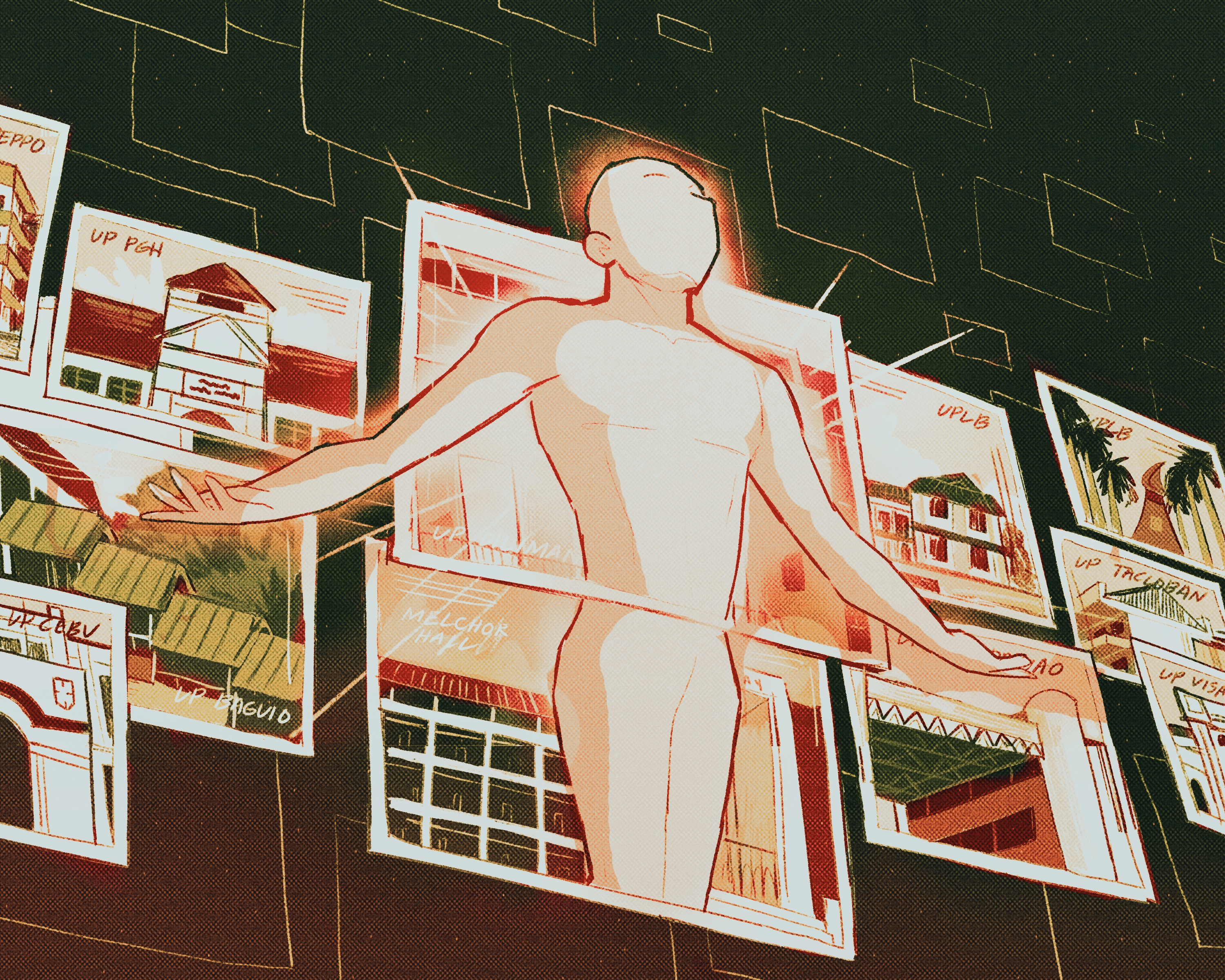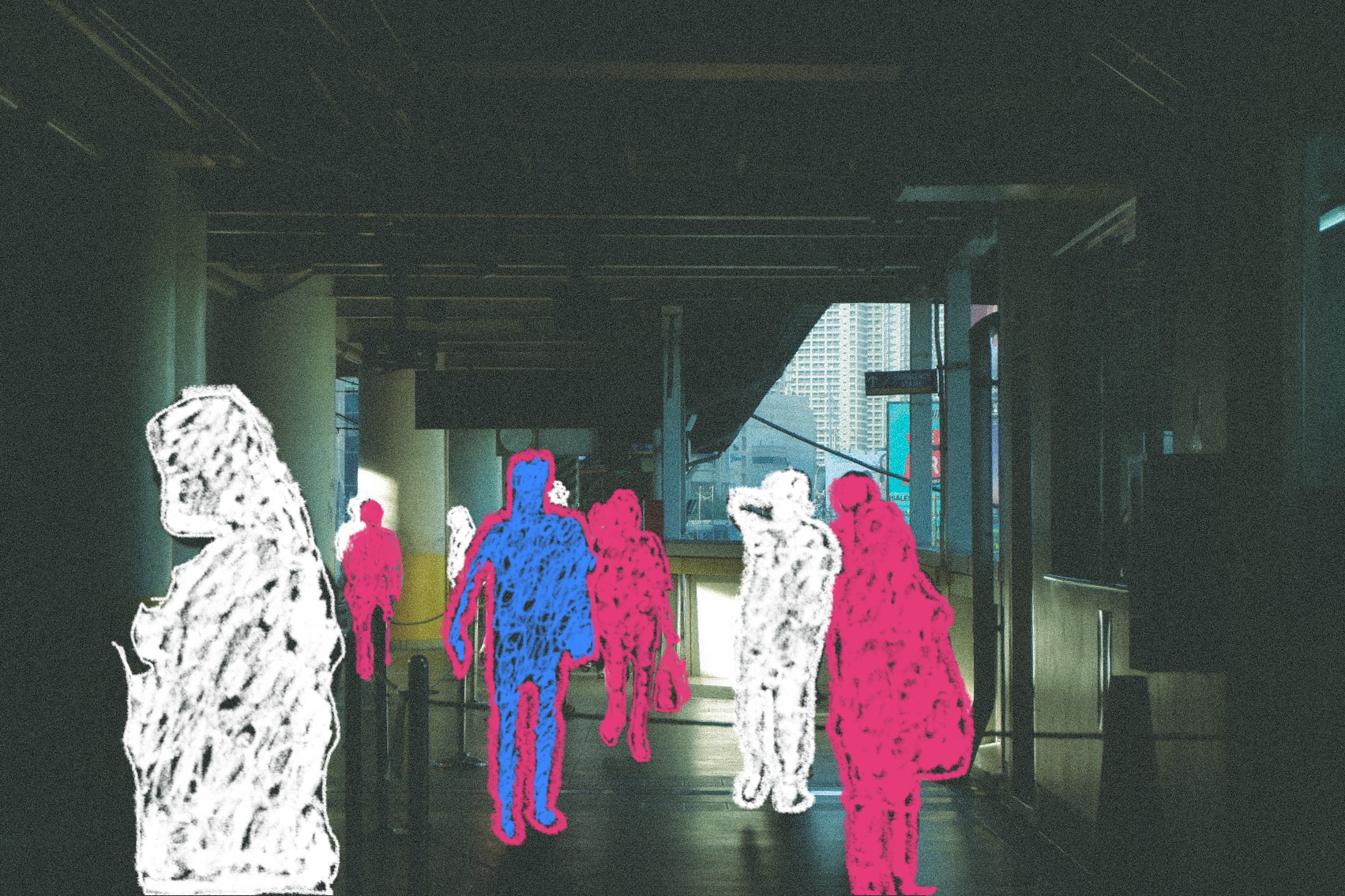“The Waste Land,” Eliot’s renowned masterpiece in modernist literature, begins with an epigraph about the Sibyl at Cumae. There was a wispy woman trapped in a bell-shaped glass jar, goes the story, who pleaded to the passersby that she wanted to die.
Those familiar with the Greek myth will know that the Cumaean Sibyl was once the favorite oracle of the god Apollo. She wanted one thing above all: to live forever. Her patron god granted her wish, but when the Sibyl spurned Apollo’s love, the god, true to fashion, retaliated. Unable to take back the Sibyl’s eternal life, Apollo instead deprived the Sibyl of eternal youth.
Eons passed and the Sibyl at Cumae wasted away. Her body disintegrated. At some point, she got so frail that she had to be contained in a glass jar just so her essence would not dissipate. But she got what she wanted: the Sibyl could not die. She has to bear her suffering for eternity, alone in her glass jar. It was the ultimate be-careful-what-you-wish-for story.
The Sibyl’s home makes another notable appearance in literature. Sylvia Plath’s semi-autobiographical novel “The Bell Jar” takes its name from the Sibyl’s eternal prison. In the book, Plath offers a glimpse into the mind of a mentally ill college student unable to enjoy her youth. In this deep and dark depression, she wrote, the outside world is perceived in a distorted manner, like looking out from inside a bell jar.
I haphazardly put together this column just as I had removed the infinitely exasperating face shield the government still insists on. The cognitive jump from face shield to bell jar was too apparent to pass up.
Most of our interactions with the world these days are also filtered through a transparent sheet we are forced to bear with. We see the world distorted, whether through face shields or electronic screens. And we waste away, too, in our respective solitudes, pleading for an end to this hollow life devoid of happiness and youth.
I remember hoping in the past for class suspensions. A parka-clad man announcing the coming storm in the news, admittedly, offered some hope that there would not be classes the next morning and I could sleep in. I suppose we now have what we wished for in those days.
It is difficult now to get out of bed. Knowing there is nothing to look forward to anchors me to the sheets. Like Eliot’s lost generation, I struggle to find meaning in these fragmented interactions with this sick land.
I see fear in a handful of dust, these constant reminders of mortality and that I am growing up and old in this protracted pandemic, the end of which is still painfully nowhere in sight. Where there were once little joys and hope and stuff to look forward to, there is now only an unmistakable sameness to everything, the dreary cruelty of routine.
Time has become this nebulous collection of one bad thing after the other. I remember how we used to describe great moments as “solid” way back in the time before the virus. Solid is lacking these days when time feels like an amorphous blob of boredom and bad news. I miss the solid moments.
The feeling of removing my face shield is infinitely cathartic. In an instant, the world becomes sharp again, free of the glare and haze from this godforsaken sheet of plastic—but it is also a vapid reminder that I am once again home, once again confined to the ever-shrinking constraints of this bell jar.
This past year and three months have robbed us of our youth, stymied our personal development, and placed us in our own bell jars of sorts. The country has all but degenerated into a veritable waste land under the reign of our very own senile king, like in Eliot’s poem, who the nation once also earnestly wished for.
The Sibyl’s story is more than a cautionary, be-careful-what-you-wish-for tale. The message is that a life without meaning and joy is not worth living, and this is exactly how being trapped inside a bell jar feels. The world outside seems fuzzy and distorted, as if filtered through glass, filtered through a face shield.
“To the person in the bell jar, blank and stopped as a dead baby, the world itself is a bad dream,” wrote Plath. I just hope we wake up from this soon. ●
*Taken from The Bell Jar







